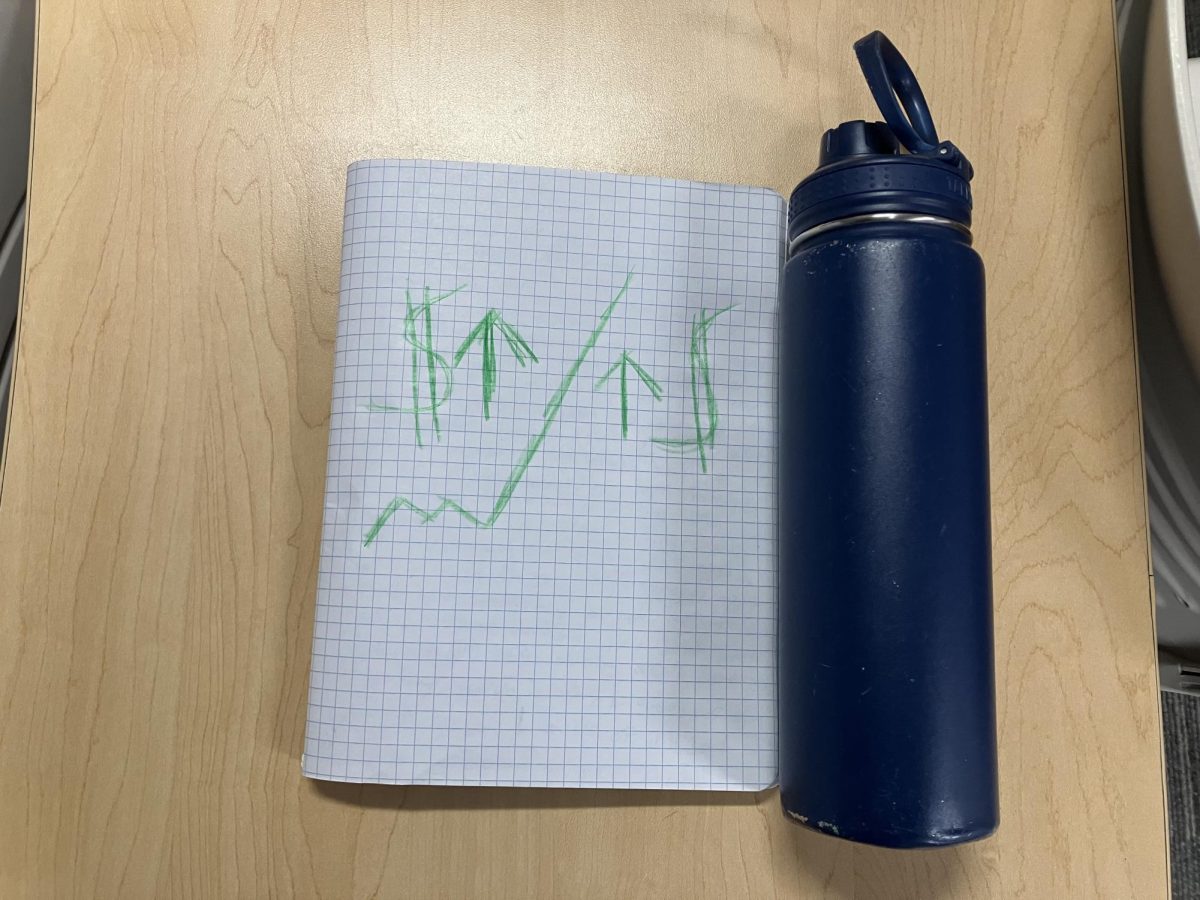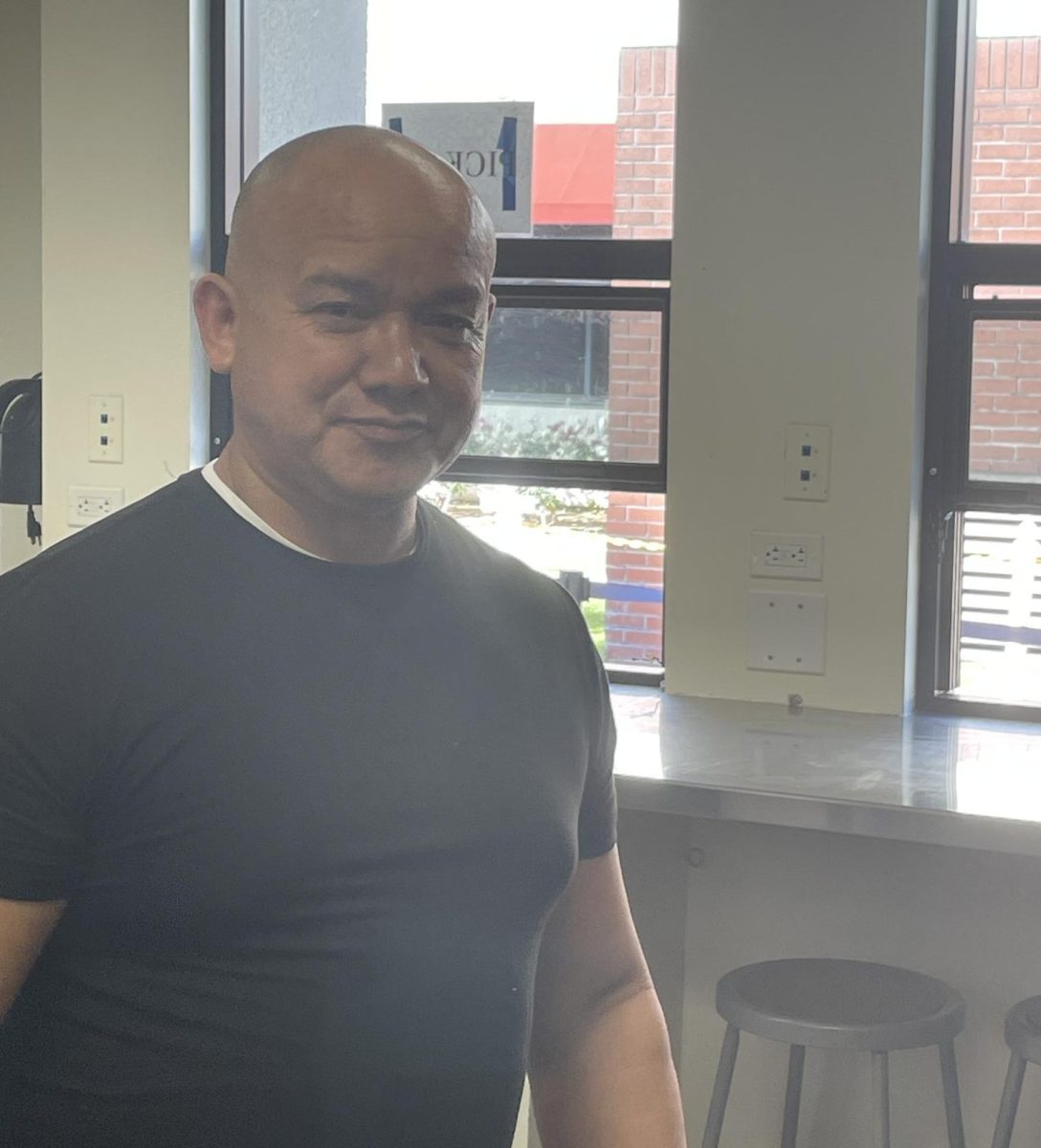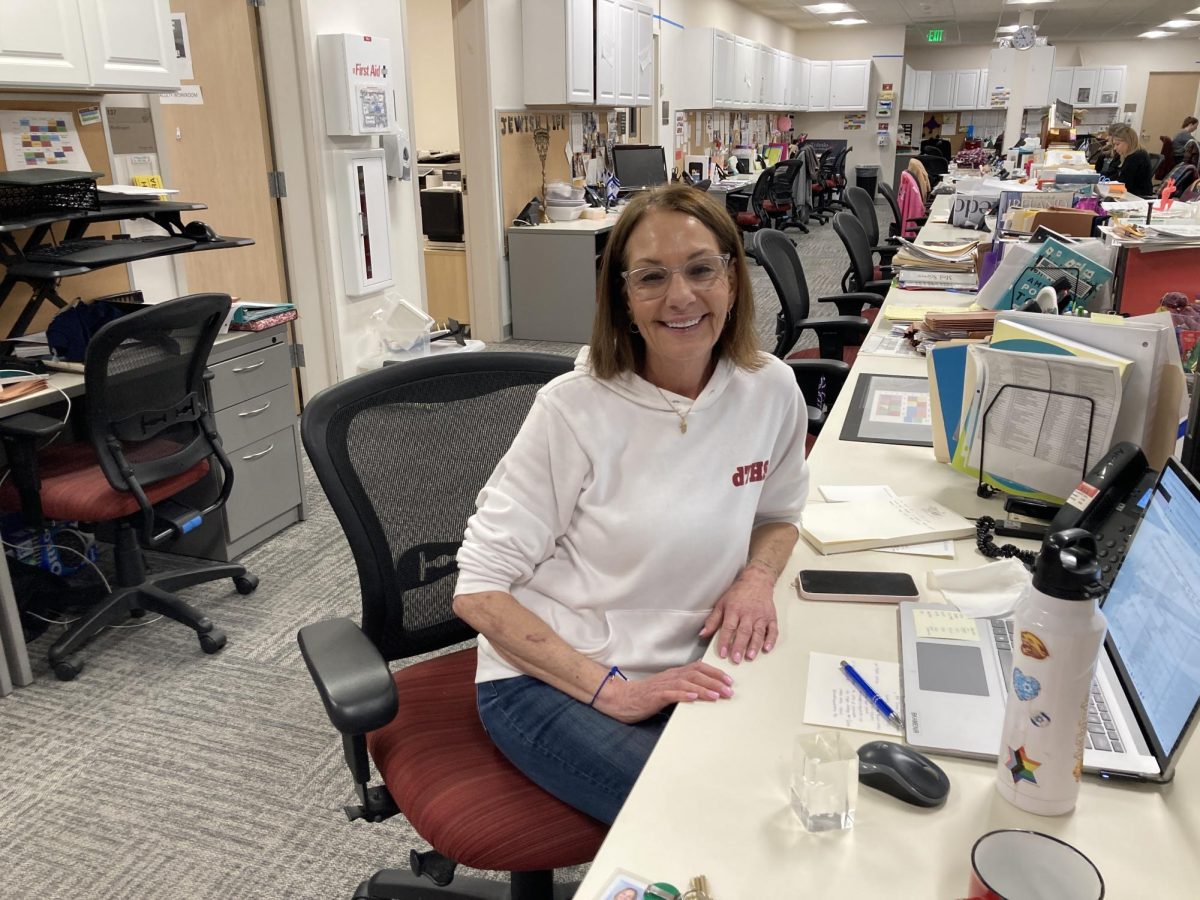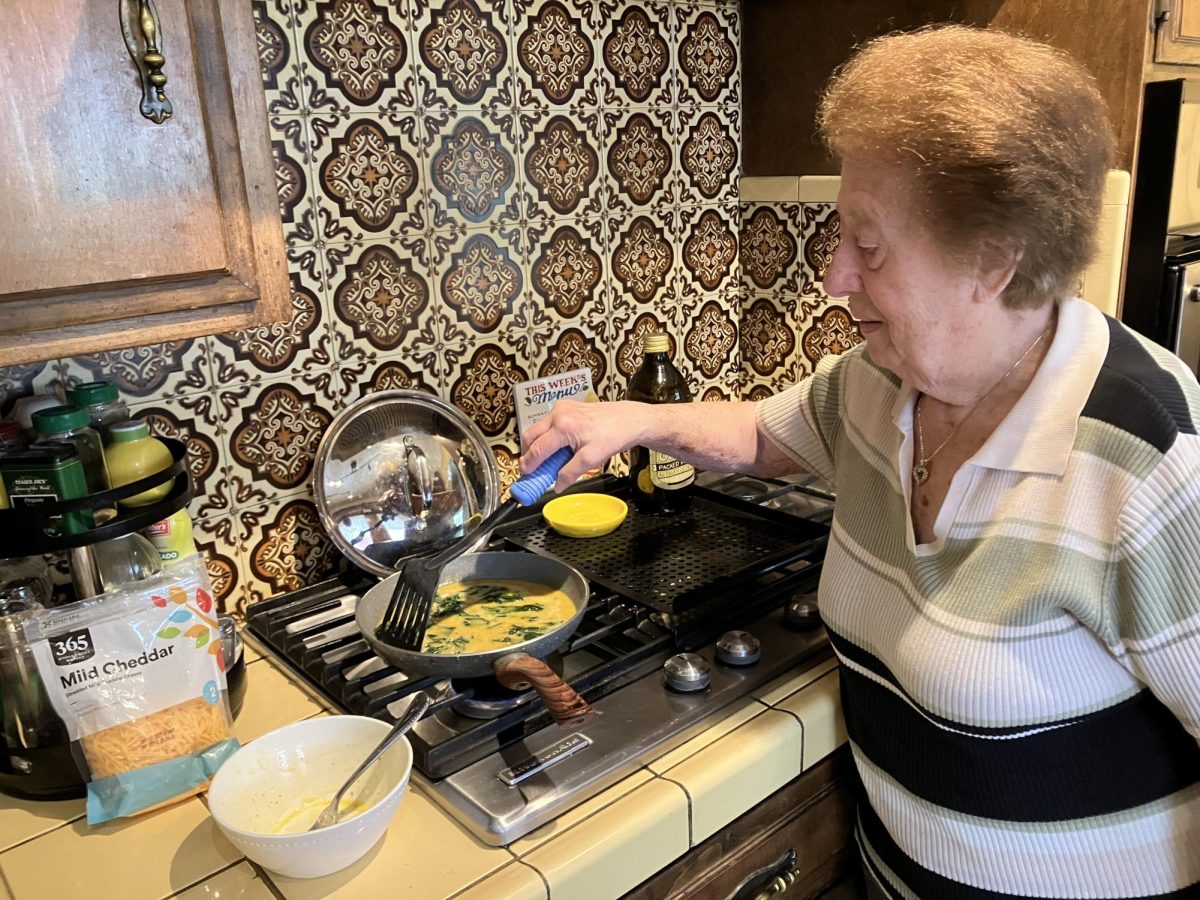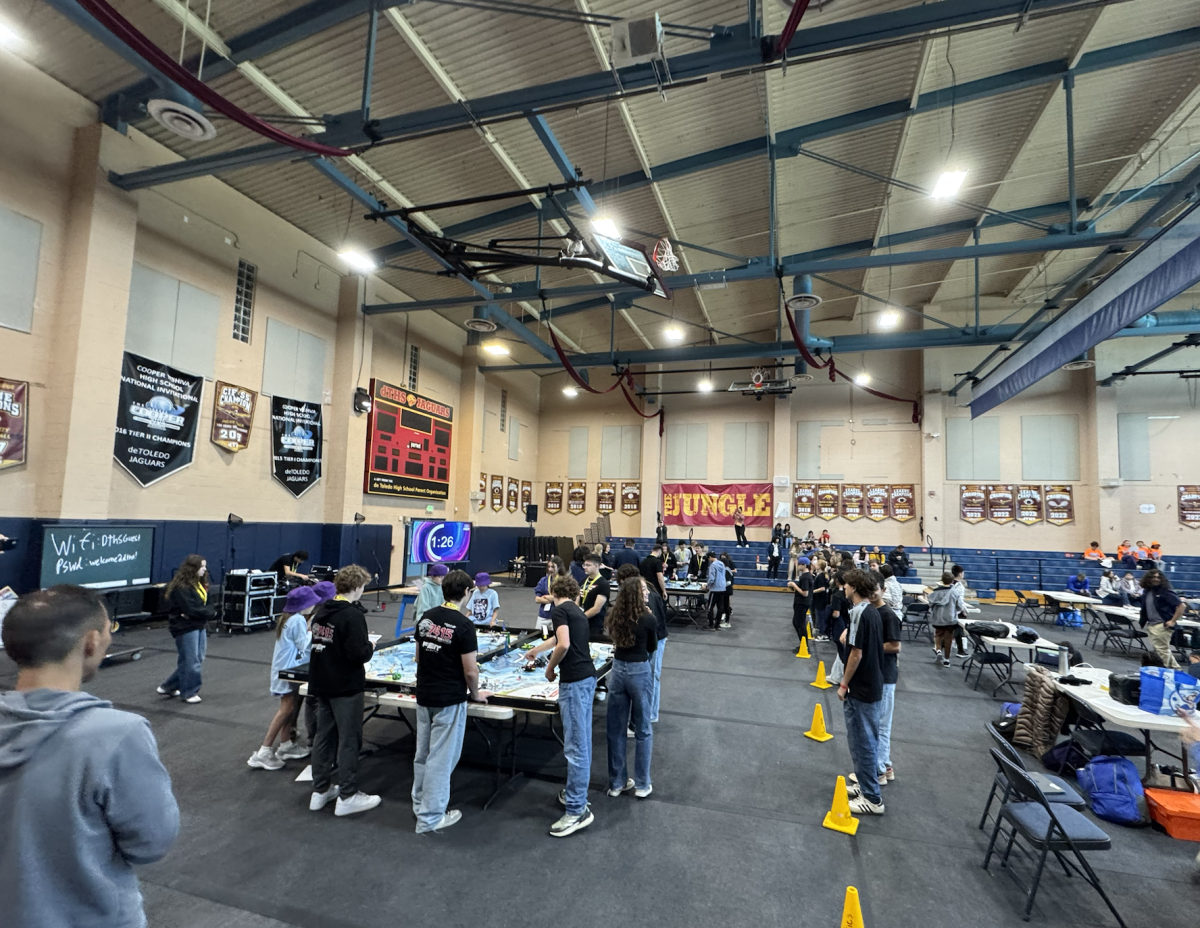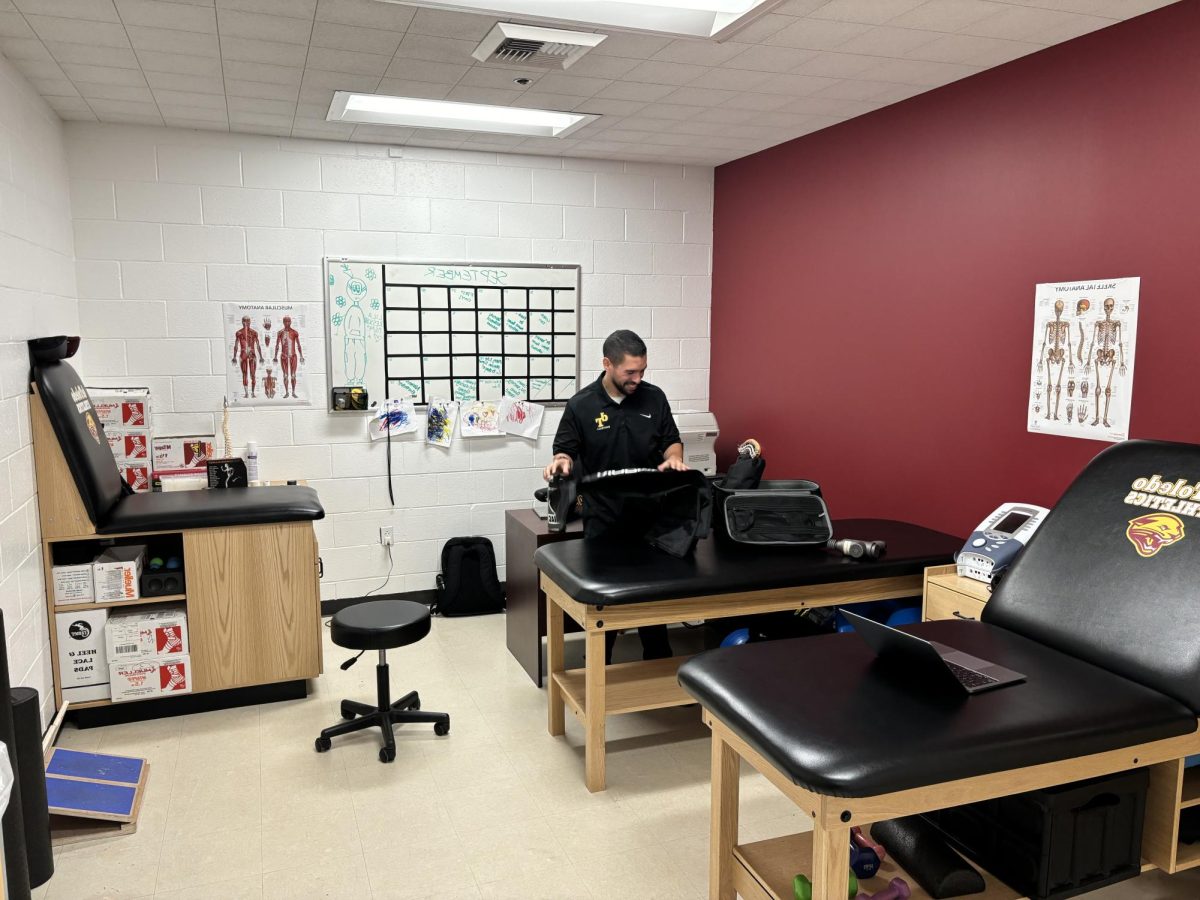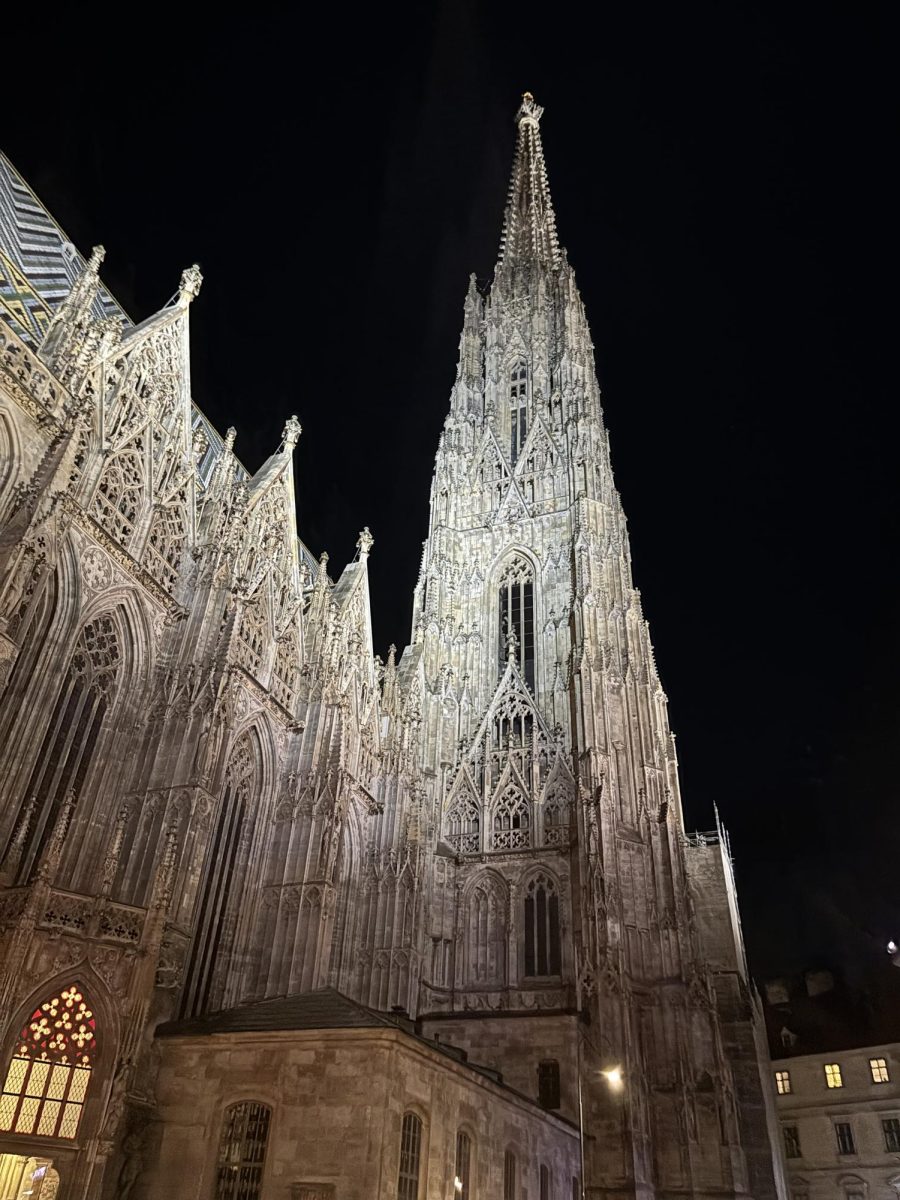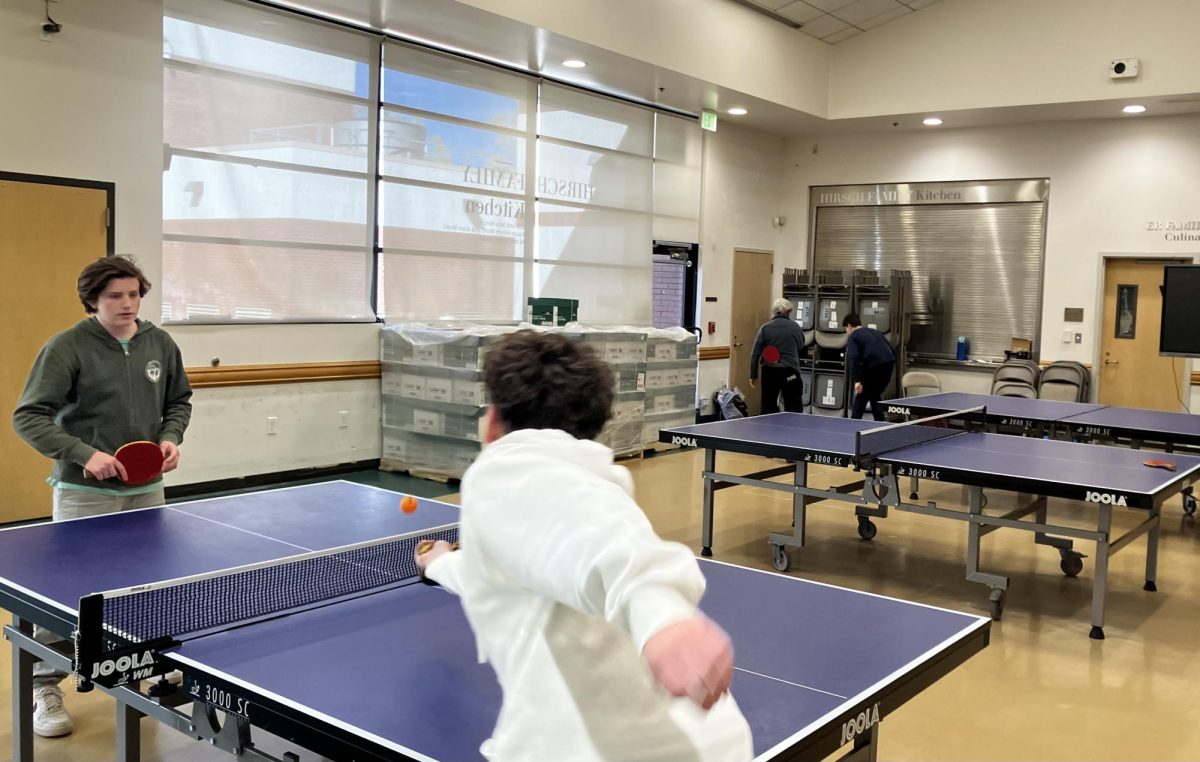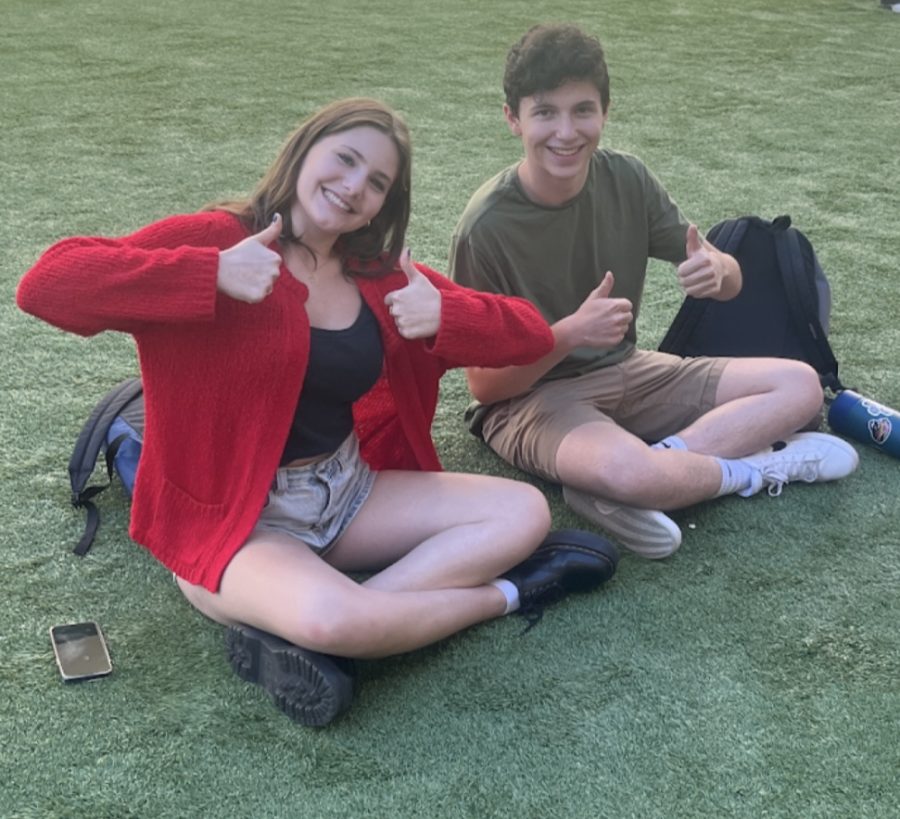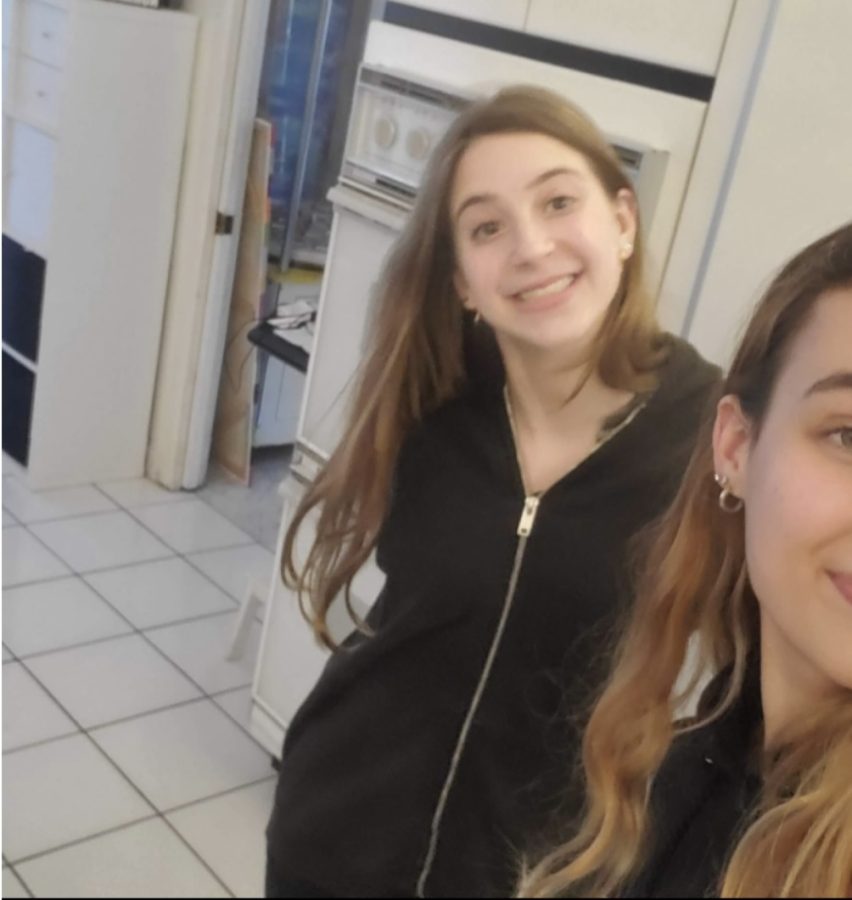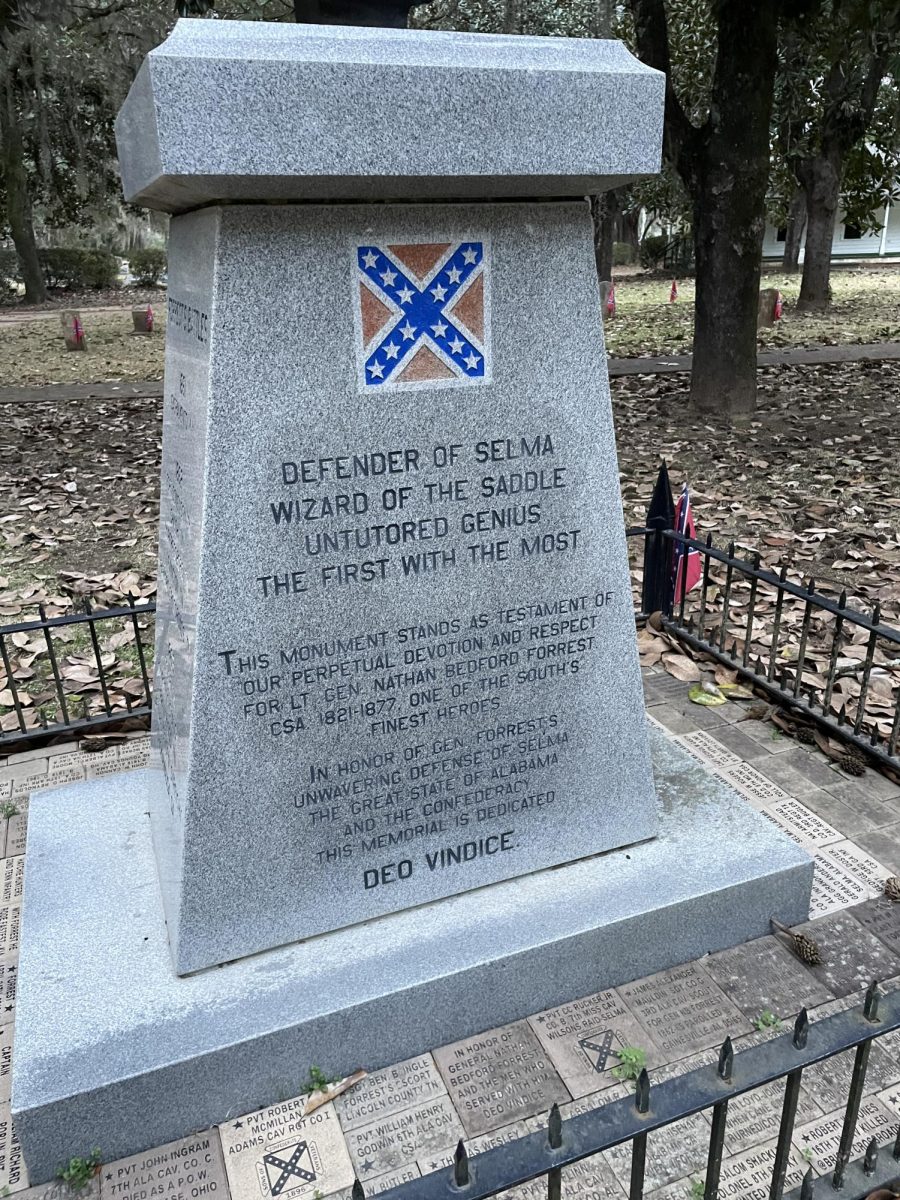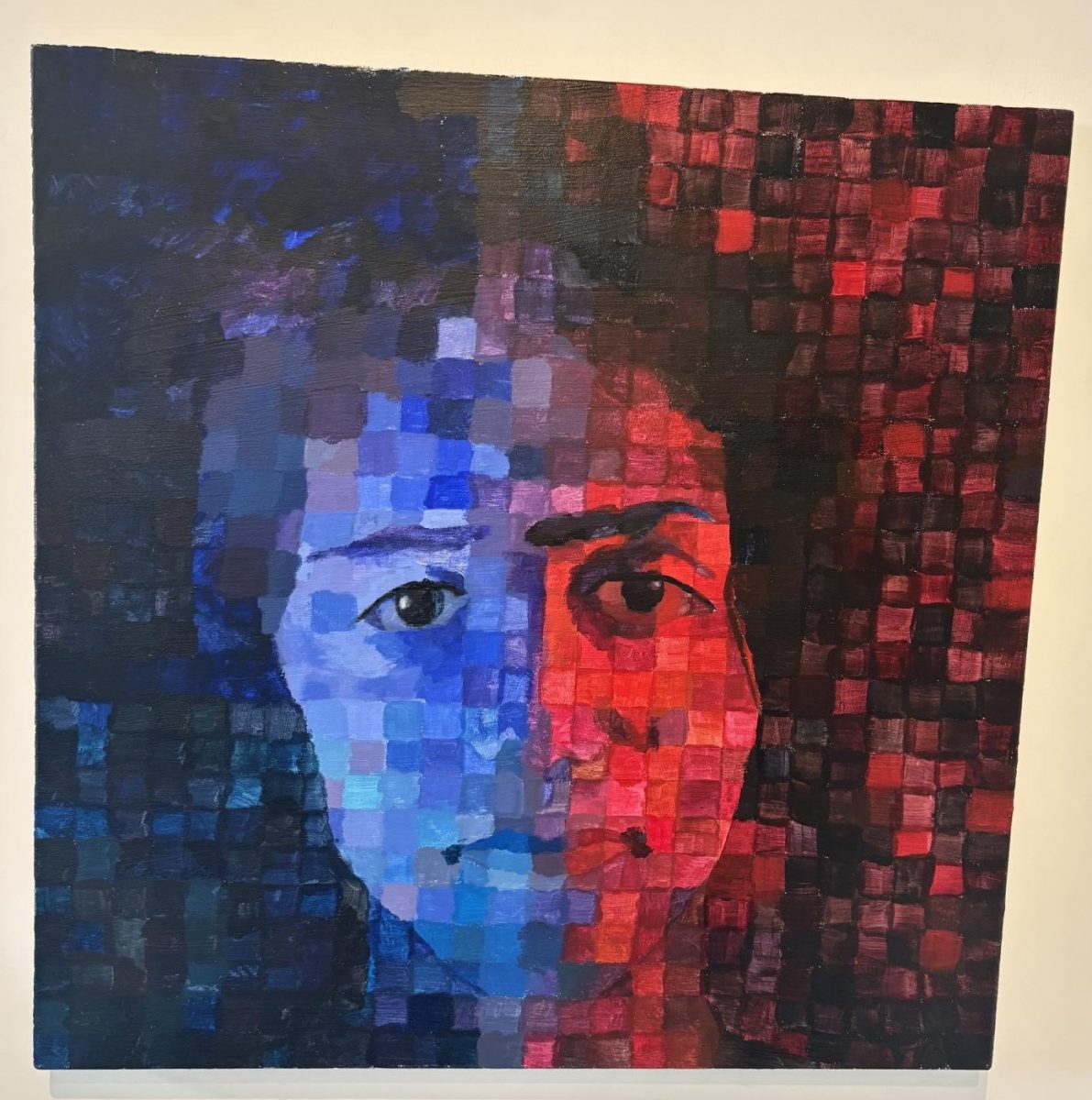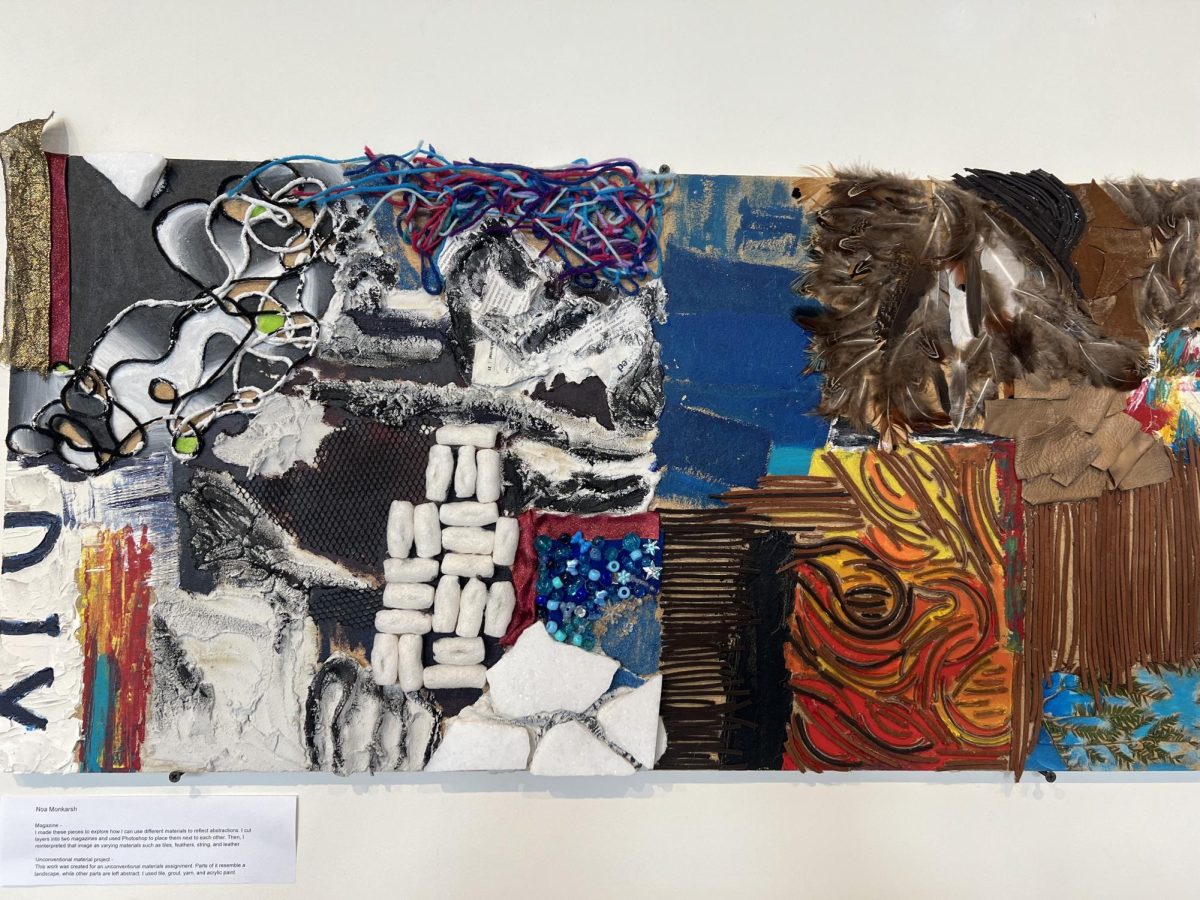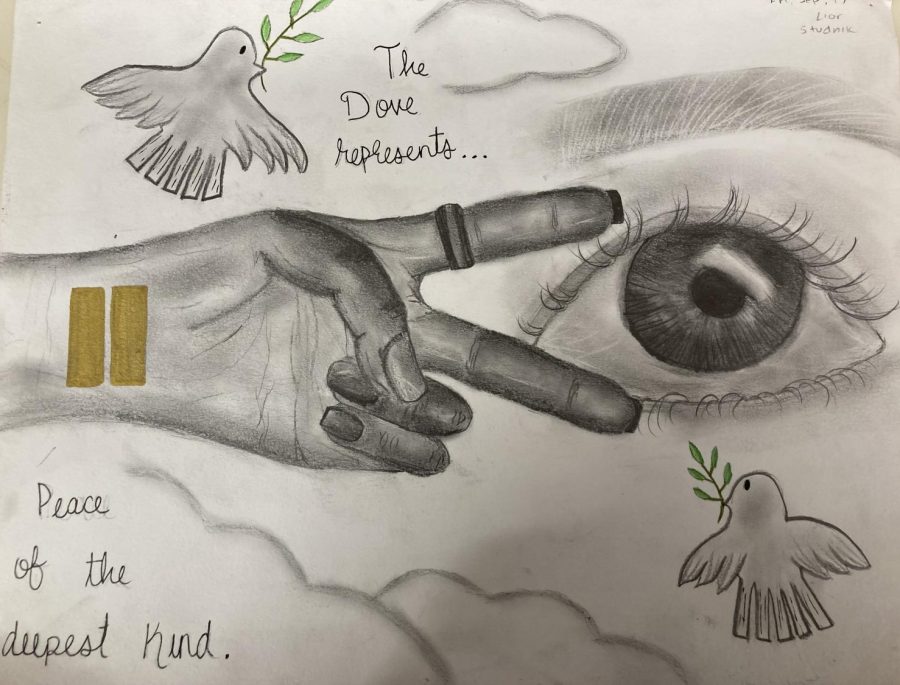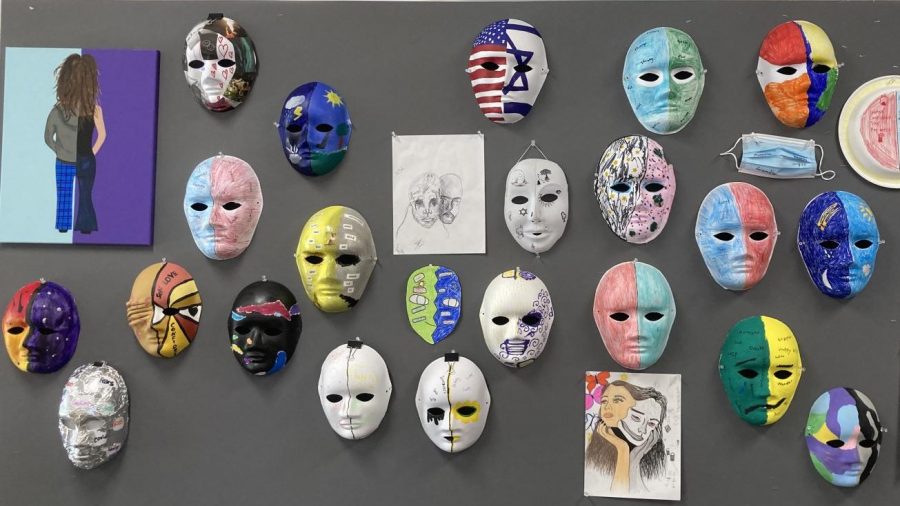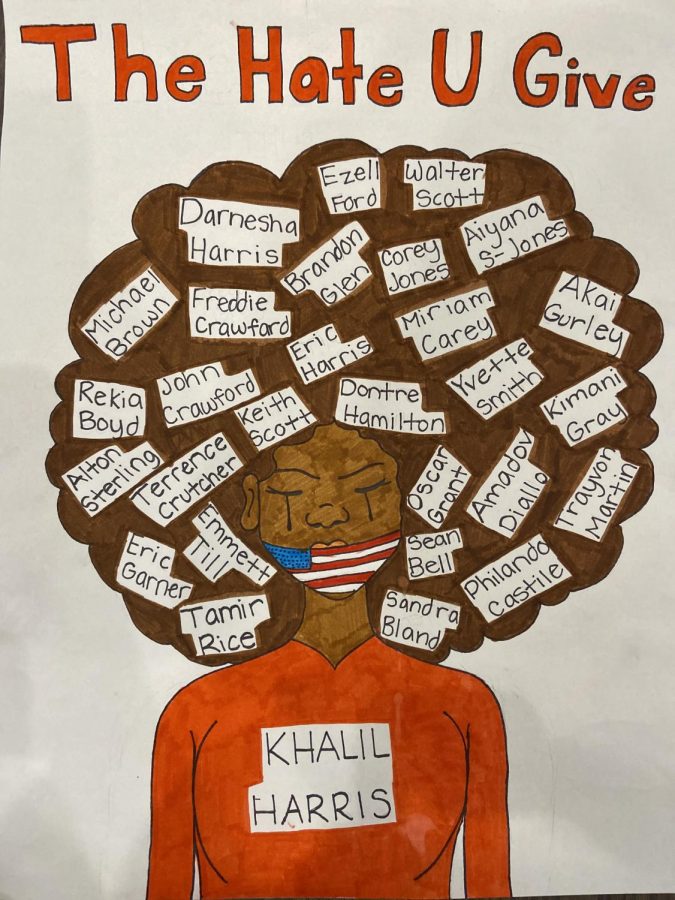Poland’s Holocaust Law Threatens the Future by Burying the Past
April 11, 2018
Poland has passed a new law that prohibits the mentioning of the participation of “the Polish nation” in the events of the Holocaust. Essentially, a law of forced ignorance.
Already, Poles aren’t as informed as they perhaps should be, with the country facing neo-Nazi groups propagating anti-Semitism and other Nazi ideals. By the same token, according to an article in The Atlantic, surveys done in Poland that posed the question, “Who suffered more during World War II under German occupation, Poles or Jews?” resulted in a majority response of “Poles.”
The concept of this law has raised concerns regarding future studying and teaching of the Holocaust in Poland. The Polish scholar Jan T. Gross, an expert on the country during World War II, shared his concerns regarding this and other potential consequences of the new law. He worried that the law would intimidate future historians and discourage them from studying the Holocaust. He said, also, that Polish education would be deeply affected. This was his primary concern given that, “No one will dare to teach the Holocaust,” in the future out of fear of being convicted. Gross raises an alarming point: once this law is officially passed, those who are educated will be too afraid to speak, talk of the Holocaust will slowly diminish until it fades out completely, and a new generation will be raised unable to remember the past, unable to learn from it. As is shown by history time and time again, ignorance is one of the most dangerous weapons in any society. While the rest of the world tries to prevent it, Poland seems to be trying to promote it.
“It’s terrible that people are still denying what has happened,” said sophomore Yarden Leshem, “and the only way for us to learn is for us to understand the mistakes we’ve made and if they cannot own up to it that’s really sad.”
“I’ve lost a lot of respect for them,” he continued, referring to those allowing the law to pass in Poland as well as those accepting it without protest.
In his response, Yarden reminds us that the issues being raised by this particular law are not unique to either the law or the country. They are part of a much bigger problem found in all corners of the world that includes the denying and rewriting of history, of any kind. This ignorance is what leads to misguided hatred such as anti-Semitism, and only promotes itself further the more it spreads. While expressing his opinion, Yarden also stresses the importance of learning from the past to avoid repeating it. He specifically uses the words “learn” and “understand,” two vital elements of the study of history that will be seriously hindered or even prevented with the passage of this new law. If we cannot understand, we cannot learn, and if we cannot learn, there is no way for us to make progress.
“My grandma and grandpa were both in hiding in Poland and they both survived and that’s just wrong of [Poland]. It’s not right. I don’t know what else to say,” said sophomore Zoe Rottman.
When confronted with such abominations to justice, it can be hard to find words to express our feelings properly, especially when it deals with an issue we are deeply passionate about. Just being Jewish, just knowing the history of my people makes me highly sensitive to injustices carried out against them. I can only imagine what kind of impact having family members who survived the Holocaust, not to mention in Poland, must have on the feelings and perspective of someone witnessing the current attempts at covering up our history. Victims and families of victims of the Holocaust already don’t have a powerful voice in our society. They need people to remember their suffering and keep their memories alive long after they have passed. Major steps made by governments such as this law take away what little voice those people have in today’s world, as well as whatever hope they have for the future. Their entire life stories and family histories of persecution and suffering are seamlessly swept under the rug and silenced by people with more power and less wisdom.
While Zoe herself may not have lived through the Holocaust, it will always make up a tragic part of her family’s history- no matter how much it is denied. Understanding this, perhaps we can approach this and any future acts of a similar nature with a more informed perspective and structured defense to combat them rather than reluctantly accepting the attempts of the ignorant to alter the past and restrict basic human rights in the present.

